[Outlook 2020] East Asian security in 2020: New year, old challenges
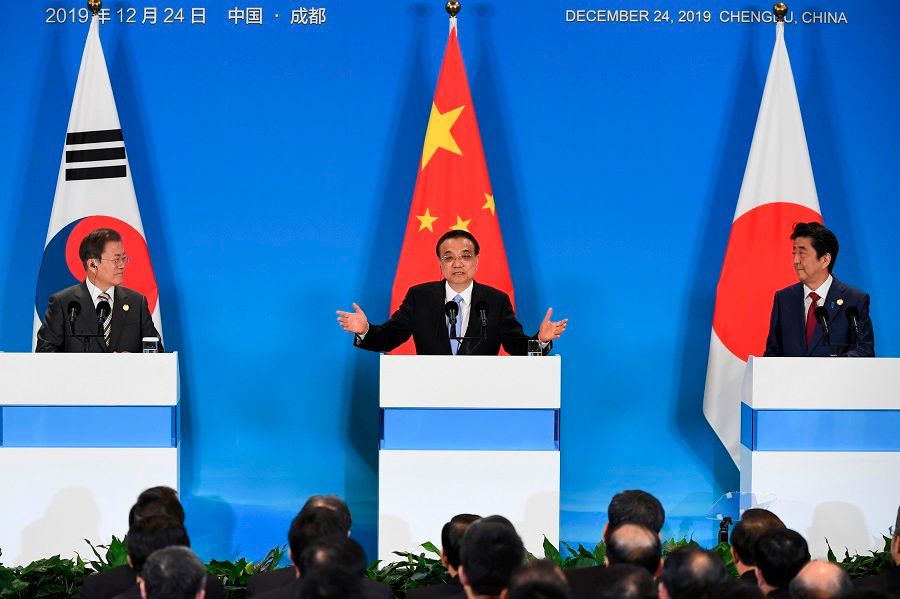
The year 2019 will be remembered for several significant developments in East Asia's political economy, particularly the prolonged trade war between the US and China and mass and violent protests in Hong Kong. Though the US and China reached a preliminary "phase one" agreement before the year end to not add new tariffs for the time being, the trade war or indeed the hegemonic rivalry between the two powers is far from over. With US presidential campaigns heating up in the new year, China will unsurprisingly be a punching bag for all candidates. Donald Trump, who is seeking re-election, cannot afford to be soft on China. So, expect more frictions in US-China relations in the new year.
As Hong Kong rings in 2020, there is no sign indicating the protests there will end any time soon. The protesters have been adamant, insisting that the Hong Kong Special Administrative Region (SAR) government must meet all "five demands" - full withdrawal of the extradition bill (which it already did), an independent inquiry into alleged police brutality, retracting the classification of protesters as "rioters," amnesty of all arrested protesters, and for the chief executive and members of the Legislative Council to be chosen through universal suffrage. Such inflexibility and Beijing's full endorsement of Chief Executive Carrie Lam will inevitably lead to more conflicts in the new year.
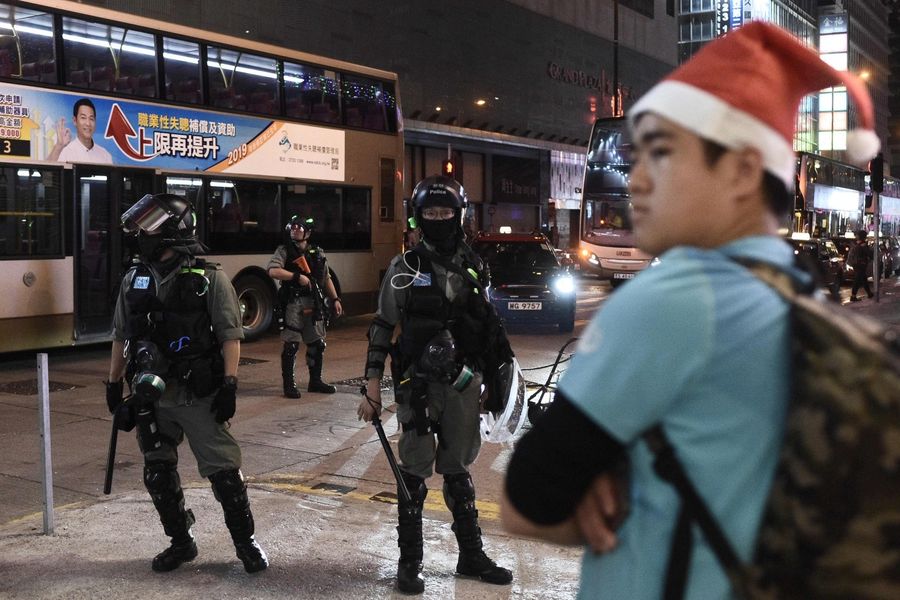
As far as East Asian security is concerned, the year 2020 does not look promising. The overall security in the region has deteriorated on several fronts in the past year and more serious challenges lie ahead. On key hotspots - the Korean peninsula, the South China Sea, and the Taiwan Strait - the situations are so delicate that tensions can emerge anytime to disrupt regional stability.
On the Korean peninsula, the love affair between Trump and Kim Jong-un seems over as the two leaders have begun trading insults again, calling each other "rocket man" and "dotard" respectively. No tangible progress in denuclearisation has been made after three meetings between the two leaders since June 2018. Frustration is palpable on both sides, with Kim threatening to deliver a surprise holiday gift to Trump, and top US diplomat on North Korea, Stephen Biegun, urging North Korea to resume stalled denuclearisation talks. The two countries seem to be back to square one: North Korea is unwilling to abandon its nuclear programme while the US is unprepared to sign a peace treaty to officially end the Korean War. Trump will be preoccupied with the impeachment trial and re-election in 2020, so Kim Jung-un is likely to take advantage of Trump's vulnerabilities and create some trouble for him.
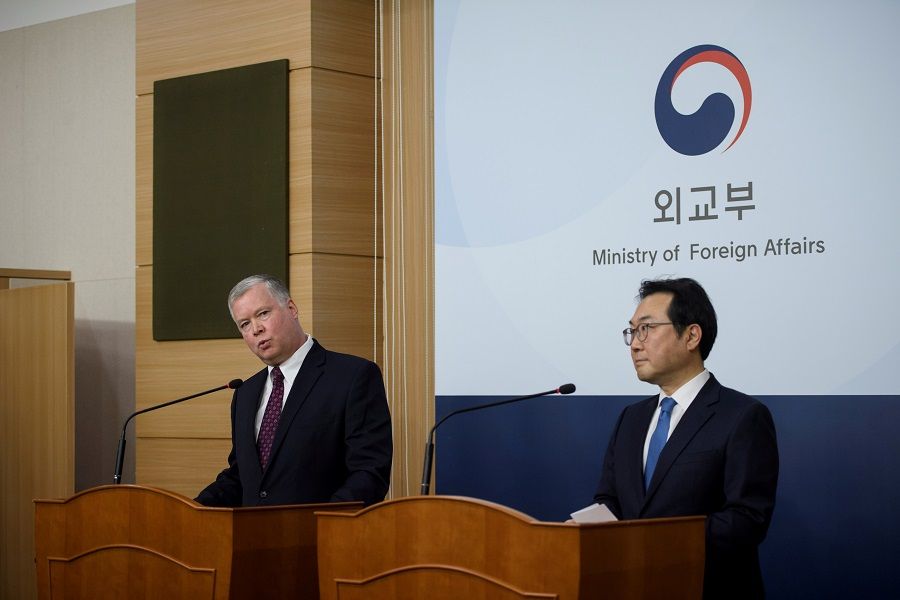
Indeed, North Korea's ambassador to the United Nations Kim Song said on 7 December that "denuclearisation is off the negotiating table with the US" and "lengthy talks with Washington are not needed". This has been the starkest statement about North Korea-US relations recently, which highlights the gulf between the two sides regarding denuclearisation.
In the South China Sea, both the US and China have beefed up their presence. US patrol of the area in the name of freedom of navigation has increased significantly. US-China military ties have worsened as a result of Trump's signing of two acts related to Hong Kong and Beijing's retaliation. Maritime clashes between China and Vietnam seem to be growing, with Vietnam complaining about China's repeated intrusions into what Hanoi calls its exclusive economic zone (EEZ). Contrary to the conventional wisdom that President Trump is a businessman and does not care much about security or other issues, he has paid no less attention to Asian security than his predecessor despite lack of a Obama-style doctrine such as "pivot" or "rebalance". This is evidenced by more frequent US navy and air force activities in the South China Sea, more routine sails of US vessels across the Taiwan Strait and more robust arms sales to Taiwan.
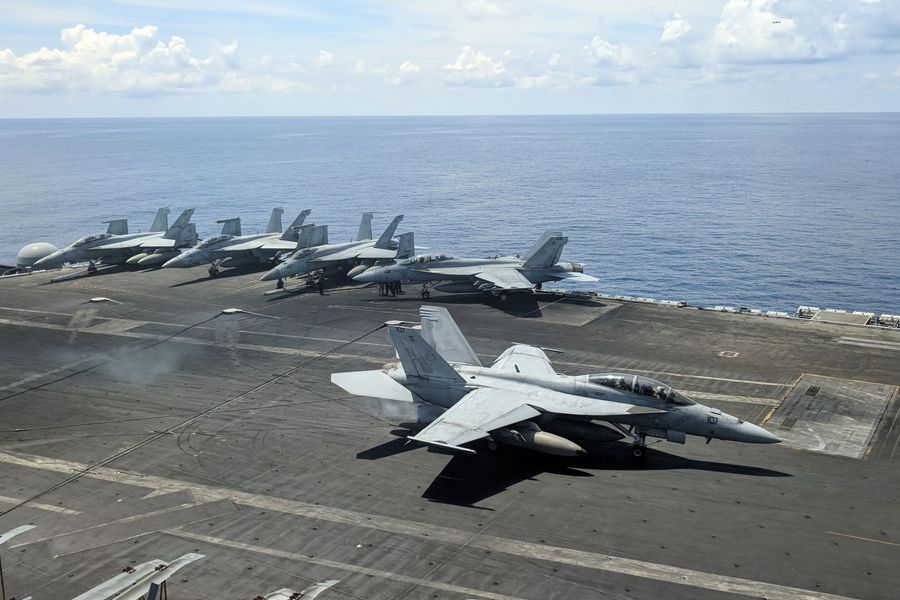
In the Taiwan Strait, the waters are perhaps even more choppy. With US Congress' unwavering support for Taiwan and tireless efforts to upgrade US-Taiwan relations in the past couple of years, Beijing is under tremendous pressure to stay calm. China's first home-built, newly commissioned aircraft carrier Shandong sailed through the Taiwan Strait just a couple of weeks before Taiwan's January 2020 election. Cross-strait relations have stalemated since Tsai Ing-wen came to office in 2016. If Tsai is re-elected in January, which seems highly likely, she may feel encouraged by her anti-China approach and adopt more substantive policies to assert Taiwan's independence. Beijing, despite its longstanding commitment to achieving reunification peacefully, may feel that its objective of national reunification has become more remote and something has to be done to arrest Taiwan's further drifting away.
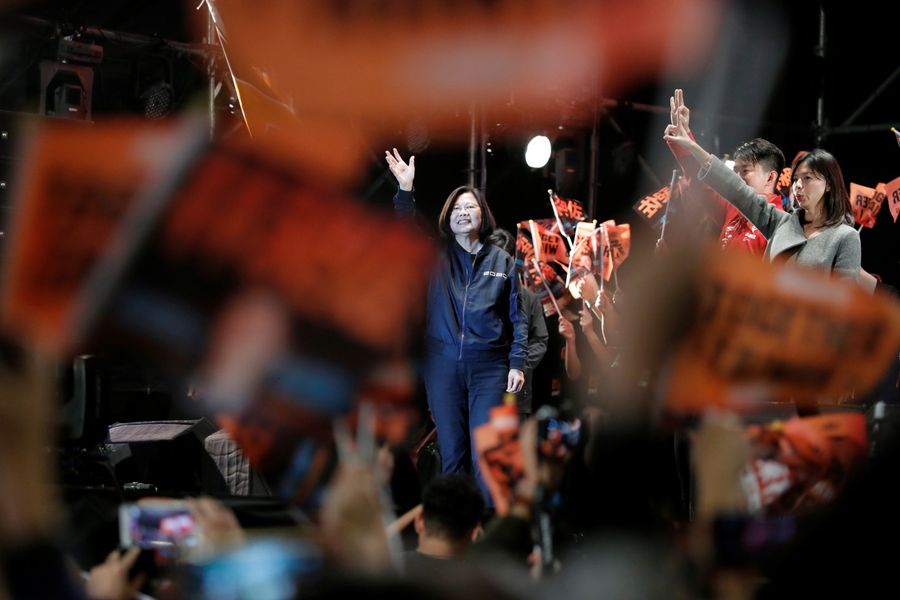
It's noteworthy that European powers may likely get more involved in Asian security affairs in the future. For example, the British navy survey vessel HMS Enterprise passed through the Taiwan Strait in December, a quite unusual move by a Western power other than the US. In January 2019, the Royal Navy's HMS Argyll conducted joint manoeuvres in the South China Sea with the guided-missile destroyer USS McCampbell. British warships have also conducted "freedom of navigation" exercises in the South China Sea.
China's assertiveness apparently has helped to bring a divided NATO together as the Cold War-era group struggles to remain relevant in the contemporary world. At the end of the NATO summit in London in early December marking the 70th anniversary of the group's founding, NATO leaders agreed to focus more on the challenge of China's "growing international influence" and military might.
On a more positive note, political and diplomatic relations between Japan and China have improved, with Prime Minister Shinzo Abe having paid several visits to China in the past couple of years and President Xi Jinping scheduled to visit Japan in Spring 2020. However, public opinions of each other, especially Japanese favourable view of China, remain dismally low. Trump's trade war with China and his pressure on Japan and South Korea to share more burdens for the alliances have helped bring China closer to its two East Asian neighbours. At the end of 2019, leaders from Japan, South Korea and China met in Chengdu, China to discuss economic cooperation, a free trade agreement, and security in East Asia. Such a pragmatic approach is much needed in a region plagued by bitter historical memories, strategic rivalry, and persistent distrust.
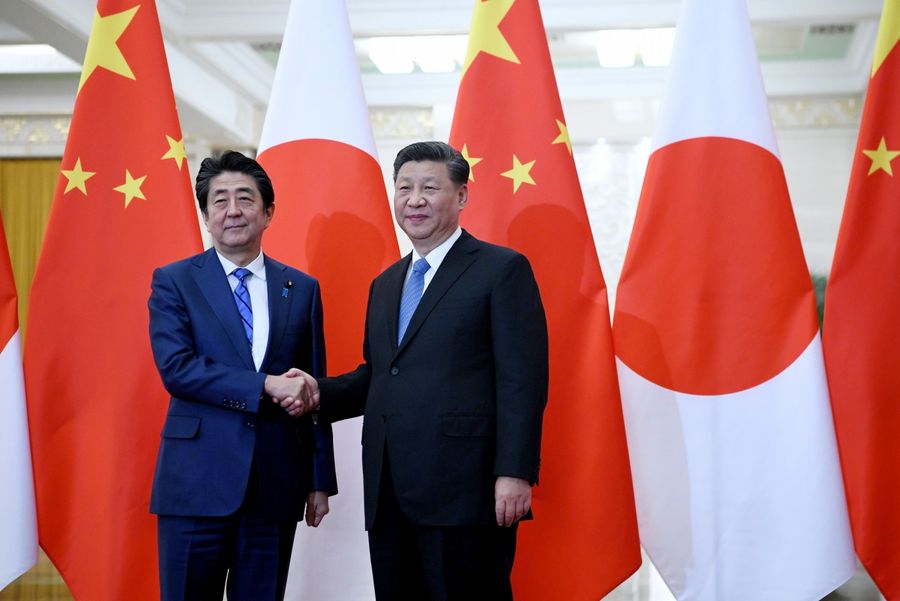
The US-China relationship has dived to a historic low in 2019, but it could have been worse. One should be worried, but not despairing. The new normal is that the relationship has become more competitive and conflictual, but neither side has ditched cooperation as a preferred mode of interaction. The recent phase one trade agreement is such an example.
East Asian security has global repercussions and must be treated with extreme care. For countries in East Asia and the US, there are really no better options in dealing with security challenges than to face the reality, focus on the positive, manage the differences, avoid provocations, promote people-to-people exchanges, and keep the communication channels open.
